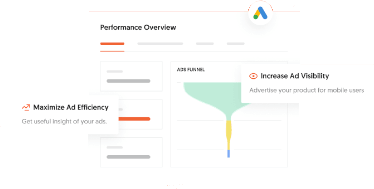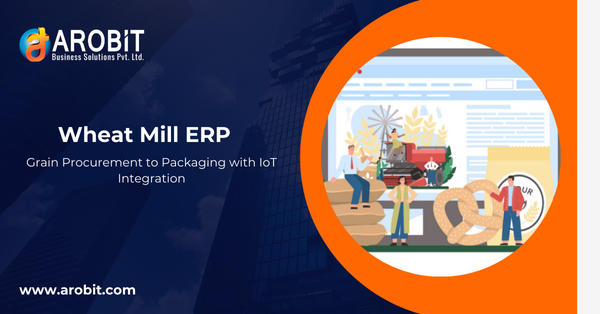Challenge:
1. Sales Forecasting Difficulty:
The pharmaceutical industry struggles with predicting sales due to the unique nature of its products and market demand. Accurate forecasts are crucial for production planning and managing supply chain efficiencies.
2. Complex Customer Management Along with Credit and Payment terms handling:
Managing relationships with healthcare providers, distributors, and end-users require to be sophisticated customer relationship management strategies to ensure satisfaction and loyalty.
3. Efficient Distribution Hurdles:
The need for precise and efficient distribution is paramount in delivering medications promptly. This involves overcoming logistical challenges and ensuring compliance with regulations.
4. Manual Process Bottlenecks:
Processes like order entry, purchasing, and inventory management are often manual, leading to inefficiencies. These tasks are time-consuming, prone to errors, and scale poorly with business growth.
5. Inventory Management and Compliance:
Handling pharmaceutical inventory involves navigating complexities such as expiration date management, batch tracking, and strict regulatory compliance. This requires robust systems to avoid costly mistakes.
6. Need for Streamlined Operations:
To address these challenges, the industry requires a solution that simplifies and automates processes. This includes integrating technologies that support real-time data analytics for better decision-making.
Solution:
Implementing an MIS (Management Information System) integrated with AI and e-commerce capabilities offers a transformative solution. This system addresses critical pain points by automating inventory management, sales forecasting, customer management, and distribution data organization. It leverages real-time data and AI-driven product recommendations to facilitate informed decision-making. The system automates the entire warehouse process, from purchase orders to sales, ensuring a 360-degree optimization of operations.
Outcome:
The adoption of this MIS system has led to remarkable outcomes, including significant growth in the customer base due to enhanced ERP (Enterprise Resource Planning) integration and sales automation. The system's ability to visualize sales and performance metrics through AI had resulted in improved strategic insights and automatic goal tracking, relieving staff from manual oversight. One-click report generation and automated dashboards have introduced unparalleled transparency and efficiency, eliminating the need for manual report building. Additionally, the cloud-based infrastructure supports scalability, while features like Product T3 and Pedigree reporting ensure compliance and streamlined operations. Overall, the integration of an MIS.








